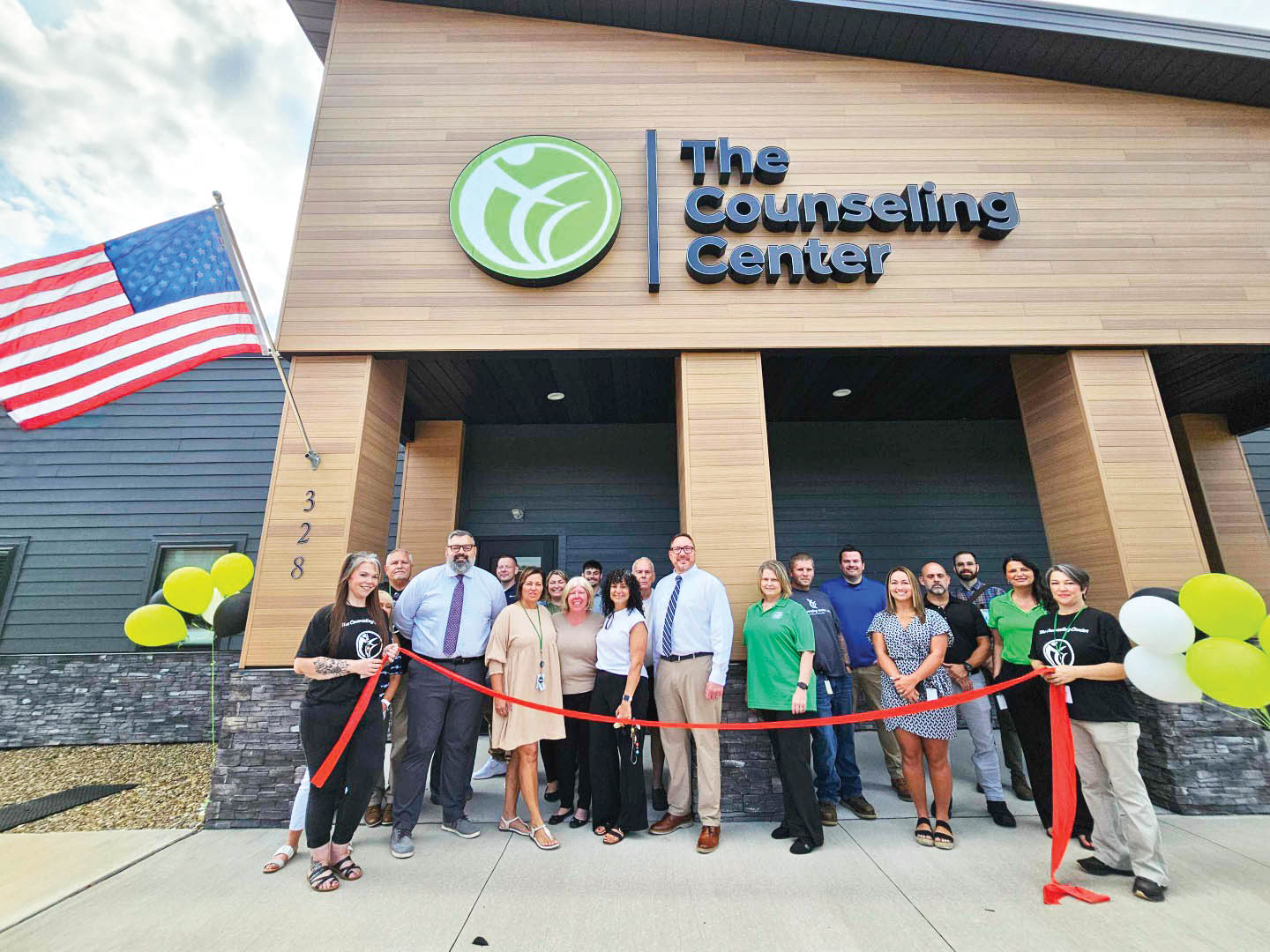‘Tapestry’ weaves successful drug rehab
Published 9:51 am Wednesday, September 30, 2009
The room sat silent as the woman finished delivering her heart-wrenching story. A former retail manager, she had gone out on the town one evening and awakened in intensive care with no idea how she got there.
Later, she was informed that her speeding car had collided with a truck carrying a family of six from a neighboring state who had just spent the day at an Ohio amusement park.
It was at that sober moment, she said, that she wished she was dead.
Trending
Due to her drunkenness, one of the children in the truck will forever reside in a wheelchair. Another child will always walk with a limp. All six people in the vehicle suffered serious injuries.
Her own children must now live without their mother for possibly 34 years, the length of her prison sentence.
As I scanned the onlookers through my own tear-filled eyes, I noticed very few dry faces.
On the surface, I hated what this woman’s actions had done and how it had so negatively affected the lives of so many innocent people, especially children.
But as I listened to her acknowledge and take responsibility for the destruction she had created; as I witnessed the sincerity of her sorrow, I couldn’t help but feel empathy for this prisoner and admire her for sharing her story. She wasn’t the same person as the one who committed this crime, and it showed in her emotional disclosure.
She was sharing her story to help others, a Tapestry staple.
Trending
I thought about the times I had done the exact same thing for which she is now being punished for most of the rest of her life. That person could have been me and I realized it immediately.
Suddenly, a normally reserved member of my training class, I’ll call him Mr. Jones, spoke up. “I’ve been there,” he said, disclosing that he had also served time in prison for a related crime. “I was facing what you’re facing, thinking I’d never get out. But God had a purpose for me to help others and He got me out. Now I’m telling you that you have a purpose.”
At that moment, all of my efforts to “man-up” and control my emotions crumbled. Hope was spreading through this tiny room and I couldn’t help but feel that it was Heaven sent. I cried like a baby.
Welcome to the most memorable week of my life.
The setting was the Ohio Reformatory for Women in Marysville. Along with five coworkers from STAR Community Justice Center, I was attending an “immersion” training for those who work in Ohio’s community based corrections field.
Being “immersed” meant spending each day amongst a small percentage of the ORW population in a therapeutic community (popularly referred to as a “TC”) called Tapestry.
Tapestry is run much differently than the general population. Structure, accountability, honesty and openness are the cornerstones of this therapeutic approach in which I have become a fervent believer.
If you don’t want to follow the rules to recovery — and there are many — you are asked to leave and rejoin the general population.
Each Tapestry day begins at approximately 6 a.m. with breakfast, facility clean-up and an a.m. meeting that sets the tone for the day. My colleagues and I were participants as 140 women sang children’s songs such as “Bingo,” clapped, danced, cheered and screamed their way to the beginning of a positive day.
Believe me, positive attitudes are prevalent in Tapestry.
I noticed that each member treats every other member with the utmost respect. “Thank You” is said so many times during the typical Tapestry day, even by people being admonished for negative behavior, that it almost echoes through the halls.
These women, as well as all members of “TC” based correctional facilities, adhere to rules that you and I should adopt in our own lives.
They hold each other accountable for the smallest infractions in an attempt to introduce responsible behavior to those who have grown accustomed to living irresponsible lives.
It is in this quasi-boot camp existence that many former drug addicts are trained to help each other overcome the simple behaviors that lead to and sustain addiction.
So strong is the connection among Tapestry members that an alumni group of past members visits ORW on a regular basis to talk to the new recruits. Many successful women credit their success to the life lessons learned in this “TC.”
On the final day of our training, each member of our training group stood in the center of a human circle with his or her “big sister” and read a letter we had written to them about our experience. Our big sisters were the Tapestry members who took us under their wings for the week and showed us how the program works.
To us, these women weren’t just forgotten prisoners. They were real people.
I tried to hold it back, but even before I began reading my letter, I bawled like a school girl. I cried for the woman standing in front of me whose choices earlier in life had taken years away from her. I cried for the other inmates I had come to care about as human beings.
And I cried for people like Mr. Jones, who have lived a criminal life, overcome it and dedicated themselves to giving seemingly hopeless people hope.
Hope abounds in Tapestry.
We should all live like these prisoners.
Billy Bruce is a freelance writer who lives in Pedro. He can be contacted at hollandkat3@aol.com or by visiting his website, billybruce45.com.




